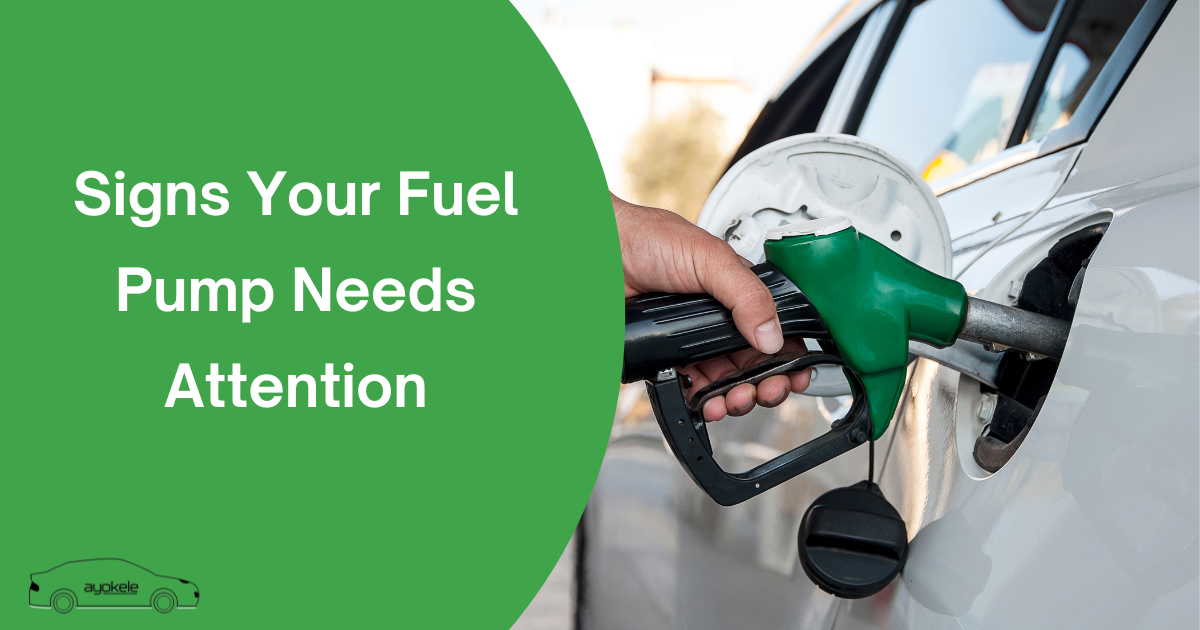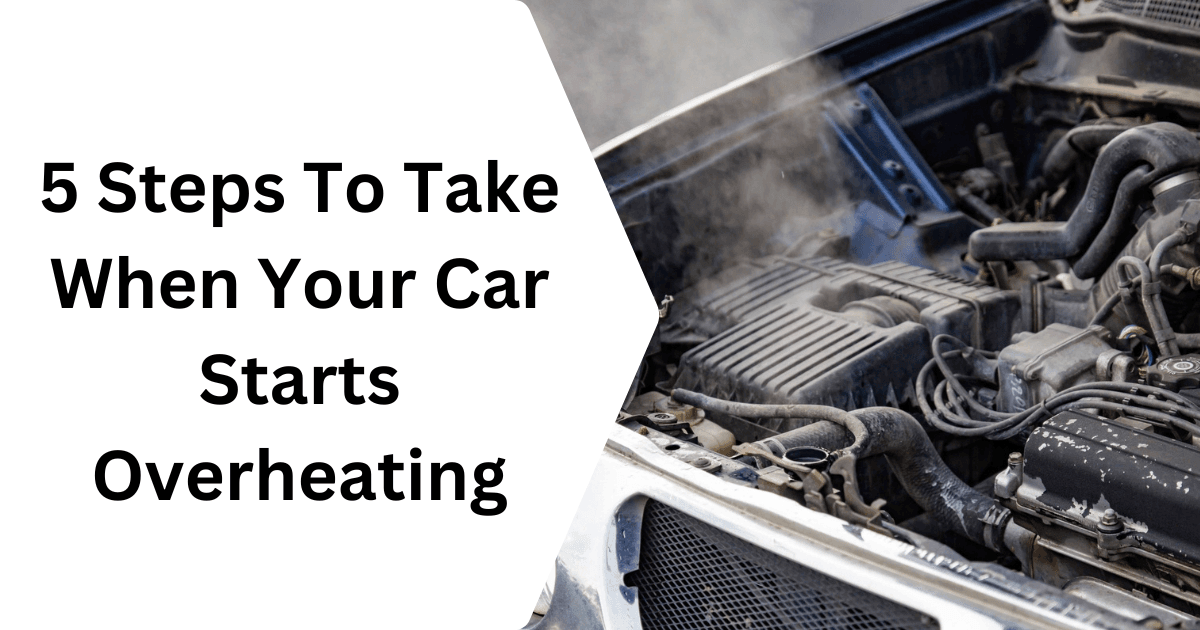Signs Your Fuel Pump Needs Attention
Your car’s fuel pump is a crucial component that delivers fuel from the tank to the engine. When it starts to fail, your vehicle’s performance and reliability can suffer. Ignoring early warning signs can lead to breakdowns or even leave you stranded. Knowing the symptoms of a failing fuel pump can help you address issues early and avoid costly repairs. Here are the most common signs that your fuel pump needs attention:
Being aware of the Signs Your Fuel Pump Needs Attention is crucial for vehicle maintenance.
1. Engine Sputtering at High Speeds
One of the key Signs Your Fuel Pump Needs Attention is engine sputtering, which is a clear indicator of issues with fuel delivery.
If your car runs smoothly at low speeds but starts to sputter or jerk when you accelerate or drive at highway speeds, it could be a sign that the fuel pump isn’t delivering a steady flow of fuel. This sputtering often occurs when the pump struggles to meet the engine’s demand for fuel, especially during acceleration or under heavy load.
If you experience difficulty starting, it might be one of the leading Signs Your Fuel Pump Needs Attention.
2. Difficulty Starting the Car
Loss of power, especially under stress, is another of the notable Signs Your Fuel Pump Needs Attention.
A failing fuel pump may not supply enough fuel to start the engine, causing your car to crank for an extended period before it finally starts, or not start at all. If you notice that your car is taking longer than usual to start or requires multiple attempts, the fuel pump may be the culprit.
Engine stalling can also be one of the significant Signs Your Fuel Pump Needs Attention.
3. Loss of Power Under Stress
Surging or jerking while driving are also potential Signs Your Fuel Pump Needs Attention.
If your car loses power when climbing hills, carrying heavy loads, or accelerating quickly, it may be due to a weak fuel pump. The engine needs more fuel during these times, and a failing pump can’t keep up, resulting in sluggish performance or even stalling.
If you notice decreased fuel efficiency, this could be one of the many Signs Your Fuel Pump Needs Attention.
4. Engine Stalling
Unusual noises from the fuel tank are among the odd Signs Your Fuel Pump Needs Attention you should watch for.
Frequent or random stalling, especially when the engine is under stress or operating at high temperatures, can indicate a problem with the fuel pump. If your car stalls and then restarts after a few minutes, it’s a strong sign that the fuel pump is overheating or failing intermittently.
Lastly, a car that won’t start is one of the most critical Signs Your Fuel Pump Needs Attention.
5. Surging or Jerking
It’s essential to recognize these Signs Your Fuel Pump Needs Attention early to prevent further complications.
A faulty fuel pump can cause your car to surge forward unexpectedly or jerk while driving. This occurs when the pump delivers inconsistent amounts of fuel, resulting in uneven engine performance.
6. Decreased Fuel Efficiency
If you notice that you’re filling up your tank more often than usual, a malfunctioning fuel pump could be to blame. An inconsistent fuel supply can cause the engine to run inefficiently, burning more fuel than necessary.
7. Unusual Noises from the Fuel Tank
A healthy fuel pump usually operates quietly. If you hear a whining, humming, or buzzing noise coming from the area of the fuel tank—especially if it’s louder than usual—it may indicate that the pump is wearing out or struggling to function properly.
8. Car Won’t Start
In conclusion, understanding the Signs Your Fuel Pump Needs Attention is vital for maintaining your vehicle’s health.
In severe cases, a completely failed fuel pump will prevent your car from starting at all. If the engine cranks but doesn’t fire up, and you’ve ruled out other issues like the battery or starter, the fuel pump may be the problem.
What to Do If You Notice These Signs
If you experience any of these symptoms, it’s important to have your car checked by a qualified mechanic as soon as possible. Continuing to drive with a failing fuel pump can lead to more serious engine problems and leave you stranded. Early diagnosis and repair can save you time, money, and stress. You can also:
- Stop Driving and Assess the Situation:
If your car is sputtering, stalling, or losing power, pull over safely as soon as possible. Continuing to drive with a failing fuel pump can cause further damage to your engine or leave you stranded. - Check for Obvious Issues:
Inspect your fuel gauge to ensure you have enough fuel in the tank. Sometimes, a faulty fuel gauge can mimic fuel pump problems. Also, check for any visible leaks or unusual noises coming from the fuel tank area. - Avoid Straining the Engine:
Don’t attempt to drive up steep hills, accelerate hard, or carry heavy loads if you suspect a fuel pump issue. This can put extra stress on the pump and worsen the problem. - Schedule a Professional Inspection:
Contact a qualified mechanic or take your car to a trusted auto repair shop as soon as possible. Describe the symptoms you’ve noticed so they can diagnose the issue accurately and recommend the right repairs. - Plan for Towing if Needed:
If your car won’t start or stalls completely, arrange for a tow to the nearest service center. Repeatedly attempting to start a car with a failing fuel pump can drain your battery and cause further problems.
Conclusion
Your fuel pump is vital for your car’s performance and reliability. Paying attention to these Signs Your Fuel Pump Needs Attention and acting quickly can help you avoid breakdowns and keep your vehicle running smoothly. Regular maintenance and prompt repairs are the best ways to ensure your fuel system stays in top shape.




